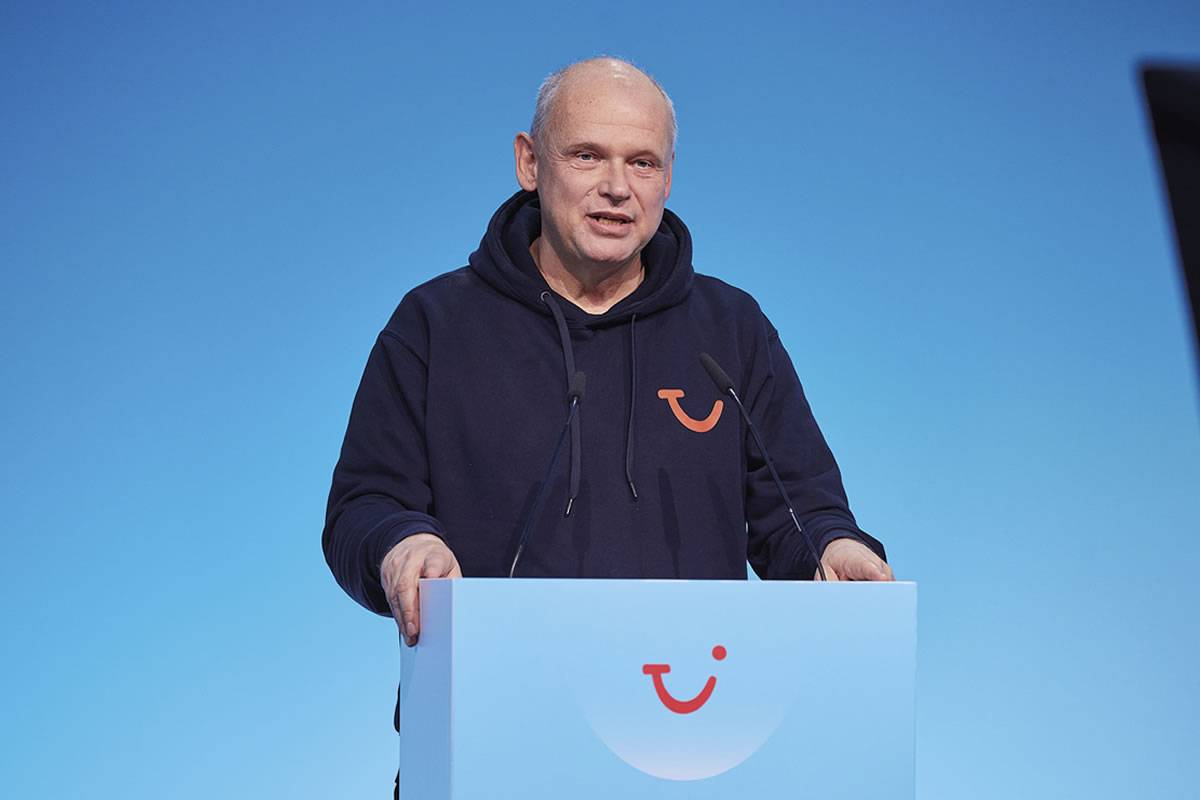TUI to invest in residential housing in the Canary Islands instead of hotels
- 27-05-2024
- National
- Canarian Weekly
- Photo Credit: TUI Group
TUI Group has announced plans to invest in residential housing in the Canary Islands instead of constructing new hotels, in response to growing protests by local residents against mass tourism and a lack of properties available close to tourist areas.
The CEO of TUI, Sebastian Ebel, explained the company's proactive approach in addressing the concerns of the island's inhabitants. "We are offering to create living spaces for employees and other residents; we are happy to tackle the issue head-on," he said.
This decision follows the demonstrations in the Canary Islands on April 20th, where residents expressed their grievances about the unaffordable and scarce housing, high cost of living, and severe traffic congestion, which they blame on the current model of mass tourism.
Ebel acknowledged the importance of addressing these issues without trivialising them, despite what he perceives as an exaggerated response from the media in the UK and Germany.
He attributed the rising housing prices primarily to the influx of foreign property buyers and the increased rental of holiday homes to tourists, rather than to package holidays. Consequently, TUI has decided against investing in new hotels in the Canary Islands.
Ebel also pointed to the role of Spanish policymakers in managing tourism's impact. "It is not our place to dictate how many tourists a destination can accommodate; that is the responsibility of local politicians," he said. He cited Dubrovnik as an example where local authorities have successfully regulated the number of cruise ships and tour buses to manage tourism effectively.
Summer Tourist Surge Expected in the Balearic and Canary Islands
In addition to the developments in the Canary Islands, Ebel noted that Mallorca and Ibiza are also expected to see a surge in tourists this summer. "We might reach capacity limits in the Balearic Islands," he warned.
However, TUI still offers ample options for holidays in less crowded destinations such as Turkey and Egypt. Summer bookings have increased by 5%, with 60% of the program already sold, matching last year's figures.
Price Increases and Financial Performance
Despite a moderate 4% rise in average prices compared to last year, TUI reports that the increase is now more aligned with the declining inflation rate. Ebel mentioned that the company has not seen a drop in people's ability to afford travel. Affordable holiday destinations remain available, and budget airline Ryanair has indicated that ticket prices could rise by a maximum of 5% this summer, rather than the previously expected 10%.
TUI's strong winter demand resulted in record sales for the second quarter of the fiscal year, significantly boosting profits. From January to March, sales increased by approximately 500 million euros, reaching 3.65 billion euros compared to the same period last year. The adjusted operating loss for the seasonally weak first quarter was reduced to 189 million euros, about 20% lower than the previous year's result.
The world's largest travel group reaffirmed its annual targets, aiming for at least a 10% increase in sales to approximately 23 billion euros and a 25% rise in adjusted operating profit to about 1.2 billion euros. TUI expects to serve at least as many customers in 2024 as it did before the COVID pandemic in 2019.
Other articles that may interest you...
Trending
Most Read Articles
Featured Videos
TributoFest: Michael Buble promo 14.02.2026
- 30-01-2026
TEAs 2025 Highlights
- 17-11-2025



























































